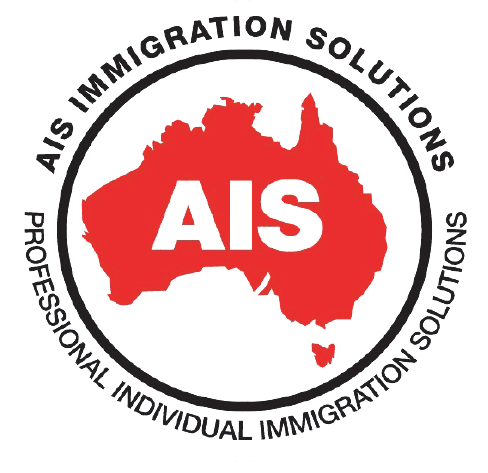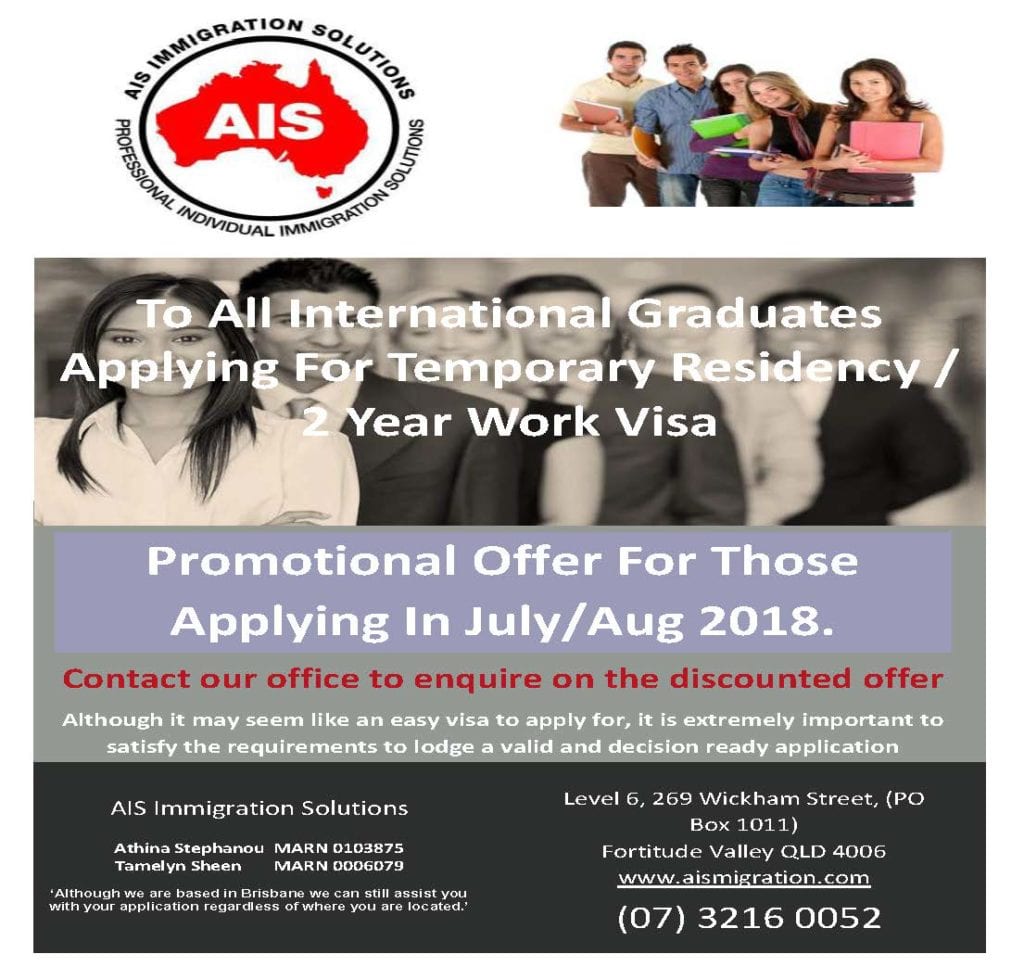Legislative Instrument-IMMI18/067-Pool and Pass Marks for General Skilled Migration Visas Instrument 2018.
Part 2 of this instrument increases the pool and pass mark to 65 for the following three subclasses where an application is made on or after 1 July 2018 in response to an invitation given on or after 1 July 2018:
- Skilled-Independent (Permanent) (Class SI) Subclass 189
- Skilled-Nominated (Permanent) (Class SN) Subclass 190
- Skilled-Regional Sponsored (Provisional) (Class SP) Subclass 489
Transitional provisions
For visa applications made on or after 1 July 2018 in response to an invitation given on or after 1 July 2018 the pool and pass mark will be 65.
For visa applications made before, on or after 1 July 2018 in response to an invitation given prior to 1 July the pool and pass mark remains at 60.
Part 3 of this instrument maintains the pre-existing pool and pass marks for outstanding applications for the following repealed visa subclasses:
- Subclass 175 (Skilled-Independent) visa
- Subclass 176 (Skilled-Sponsored) visa
- Subclass 475 (Skilled-Regional Sponsored) visa
- Subclass 487 (Skilled-Regional Sponsored) visa
- Subclass 885 (Skilled-Independent) visa; and
- Subclass 886 (Skilled-Sponsored) visa
This instrument revokes IMMI 12/107 and commences on 1 July 2018.



































